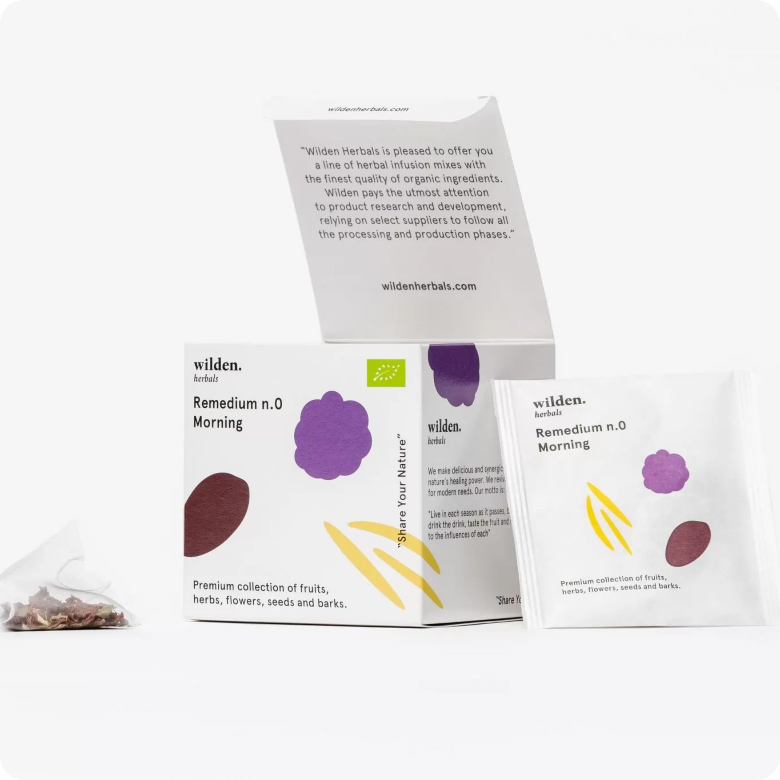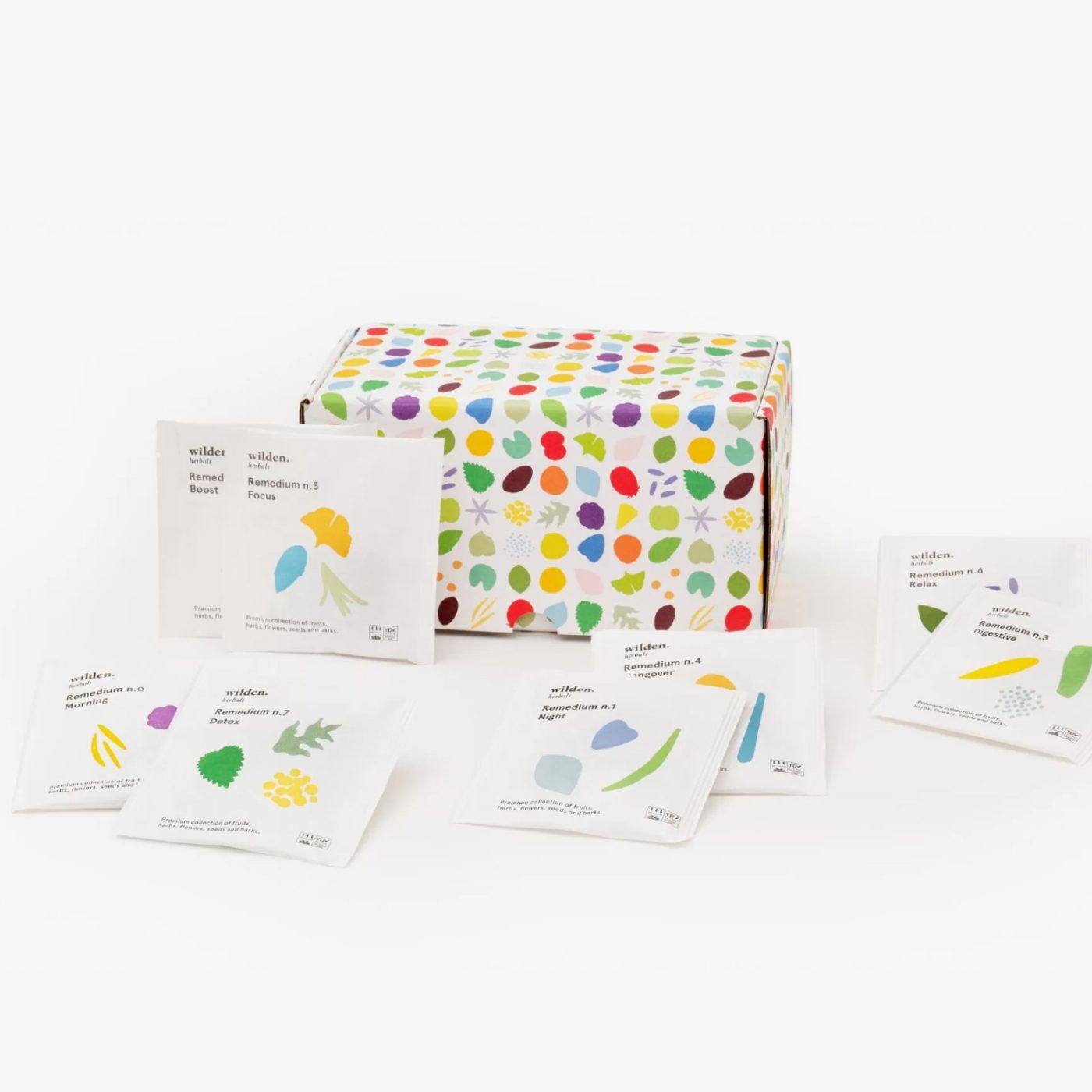Lemon. The Sun King of Citrus
The lemon certainly needs no introduction: as beloved as it is in our homes for its fresh flavor and versatility. Today we tell you more about the plant, from where to find it to its properties to the uses and benefits of the lemon.
Table of contents:
The plant
What are the properties and benefits of lemon?
How to use lemon?
Curiosities
The plant
The lemon (Citrus Limon) is an important medicinal plant in the Rutaceae family, to which all citrus fruits belong, and is native to tropical and subtropical Asia. The lemon, along with many other members of the genus Citrus, have arisen spontaneously as hybrids and therefore may or may not be recognized as “species,” depending on different taxonomies.
The lemon tree can grow up to 10 meters, but it is usually found in a more mini version. How to recognize a lemon tree? Simple, by the wide crown of branches that populate it; covered with shiny elongated dark green leaves and decorated with white fragrant flowers or, depending on the season, the beautiful golden fruits, the plants-or rather, the trees- transport us in a puff to warm sunny destinations.
There are many cultivars of lemons, we notice this among the various types that can be found at the local fruit and vegetable market: pointed or rounded base, larger or smaller lemons, more or less juicy. Since the lemon plant loves warm climates, the largest production in our country occurs in Sicily, Calabria, Campania and Apulia. The most cultivated variety is called the Femminello Comune, from which unique and valuable local varieties have originated.

What are the properties and benefits of lemon?
Like many officinal plants, several components can be used of the lemon plant: the peel is rich in an essential oil capable of tonifying the digestive system, ideal after a lavish feast or in cases of lack of appetite. The juice, in addition to bringing cheerfulness and good cheer because of its intoxicating scent, contains B vitamins and an important amount of vitamin C, mineral salts and potassium. For this reason it is able to perform a protective function on the body, but also to combat excess sodium and regulate kidney function. The glucosides and flavonoids present, strengthen capillaries and improve circulation. The leaves, which are rich in limonene and terpene compounds with calming and antispasmodic properties, are also recommended for reducing palpitations, insomnia, headaches and asthma.
The vitamin C present in Lemon is mainly responsible for the many benefits of this magical fruit: it helps absorb iron in legumes and green leafy vegetables, thus fighting anemia; it strengthens the immune system, prevents the formation of kidney stones and is useful for skin health. What not everyone knows is that the greatest amount of vitamin C is found in the peel, which unlike the juice is also rich in fiber and calcium. Then in the peel is limonene, a valuable molecule with an unmistakable scent and which, according to many studies, has the ability to prevent tumor growth due to its anti-inflammatory action. One citrus fruit, a thousand benefits.

How to use lemon?
You can buy Italian lemons year-round, thanks to the many varieties grown in our peninsula. Any tips on how to choose them when buying them? Prefer lemons that have their leaves attached and those with little wrinkled skin. You should be able to feel the juice inside the lemon, and remember that size is not always synonymous with juiciness! Finally, avoid lemons with black dots on the peel, a sign of pest passage.
Use in the kitchen: fluffy lemon-scented cakes, delicious creams, citrusy meat dishes, as well as fish and vegetables…who doesn’t always have this deliciously versatile ingredient at home?
Cosmetic use: Lemon can be a valuable ally in home beauty treatments, used, for example, for its astringent power for acne-prone face mask preparations or to lighten skin blemishes and marks. For the same reason, it can be used as a natural remedy for whiter teeth (although it is best not to abuse this power, as citric acid can erode tooth enamel). Being antibacterial , it is a boon for occasional facial cleansing; finally, when used for treatments on nails and hair it provides them with luster and strength.
Home use: the web is full of homemade recipes for natural household cleaners and disinfectants formulated with lemon juice. Its degreasing and polishing power will surprise you!
The panacea: when we feel weighed down and digestion seems interminable, that’s when we crave nothing more than a nice cup of lemon herbal tea. Wilden.herbals has included this valuable ingredient within Remedium No. 3 – Digestive, which aids digestion and reconciles a proper intestinal cycle. Lemon peel works in synergy with mint, ginger, licorice, sage, and fennel to ensure a sip of wellness whenever we need it.

Curiosities
In Italy, there are some lemon varieties that have acquired IGP (protected geographical indication) certification: the Syracuse Lemon and the Interdonato Messina Lemon; the Rocca Imperiale Lemon, the famous Amalfi Coast Lemon and the Sorrento Lemon…biodiversity is always the greatest asset.
Be wary of those who promise you miracles with the intake of lemon and water every morning: not only does this practice do nothing to detoxify, but it can lead to ailments such as gastritis, esophagitis and reflux, as well as damage to tooth enamel.
According to scholars, lemons were known and consumed in Italy as early as Roman times. Not particularly appreciated, traces of it were lost in later times, until the year 1000, when the Arabs, appreciating its dietary and therapeutic use, contributed to its spread to the Middle East and then to the Peninsula, thanks in part to Crusaders and pilgrims returning from the Holy Land between the 11th and 12th centuries.
Sources
- Jana, Paramita, Pradhan Avinash Sureshrao, and Rojina Swayamsiddha Sahu. “Medicinal and Health Benefits of Lemon.”
- https://www.taccuinigastrosofici.it/ita/news/medioevale/orto-frutti/storia-del-limone.html
- https://www.melarossa.it/nutrizione/alimenti/limone/
- https://www.youtube.com/watch?v=RGYc9yQ-ayM Dario Bressanini – Science and Disinformation







